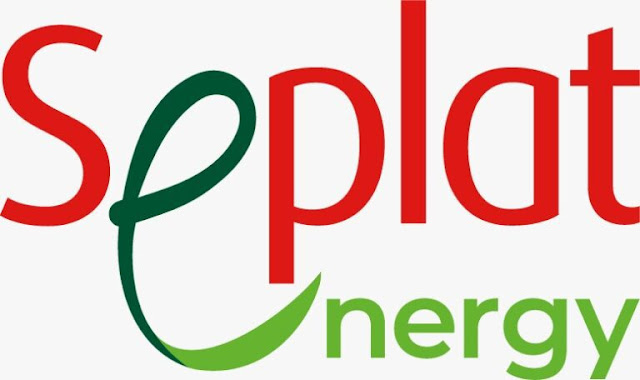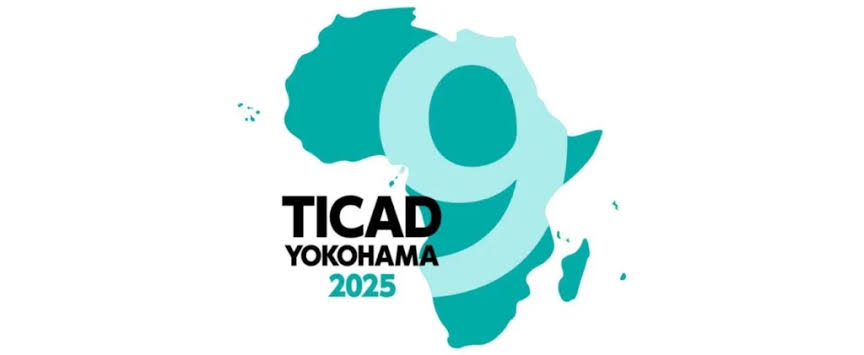Seplat Energy Plc, in partnership with the Nigerian National Petroleum Company Limited (NNPCL), has completed its first-ever domestic supply of Liquefied Petroleum Gas (LPG) Butane from the Bonny River Terminal (BRT) in Rivers State.
The milestone marks a significant shift in the terminal’s role from an export hub to a domestic supply channel, strengthening Nigeria’s energy security and sustainability.
Under the inaugural operation, a total of 12,600 metric tons (MT) of LPG was delivered into the Nigerian market.
According to the company, this development supports efforts to boost local energy supply and reduce the country’s dependence on imported cooking gas.
The gas supply forms part of Seplat’s broader plan to expand domestic gas infrastructure.
The company currently has two major projects nearing completion: the 300 MMscfd ANOH Gas Plant in Imo State and the 90 MMscfd Sapele Gas Plant in Delta State.
Both facilities include LPG extraction units with capacities of 120MT and 163MT per day, respectively, and are scheduled to come onstream in the fourth quarter of 2025.
Seplat Energy said the increased availability of locally produced LPG would improve access to clean cooking fuel and help reduce greenhouse gas emissions generated by traditional biomass sources, still used by more than 80 per cent of Nigerian households.
Commenting on the development, Chief Executive Officer of Seplat Energy Plc, Roger Brown said, “Gas and LPG usage is growing rapidly in Nigeria, and reliable domestic supply is essential to achieving energy security, reducing carbon emissions, and improving air quality.
At Seplat, we are proud to be at the forefront of this transition, delivering cleaner energy solutions that empower communities and support sustainable growth.”
The company pointed out that the latest milestone reflects the significant progress made since its acquisition of Mobil Producing Nigeria Unlimited (MPNU) in the fourth quarter of 2024.
Following the acquisition, now renamed Seplat Energy Producing Nigeria Unlimited (SEPNU), total production increased by 11 per cent in the first quarter (Q1) of 2025.
According to Seplat’s audited financial results for the year ended December 31, 2024, the company’s onshore assets averaged 48,618 barrels of oil equivalent per day (boepd) in 2024, compared to 47,758 boepd in the previous year.
The integration of SEPNU added an annualized average of 4,329 boepd, increasing total production to 52,947 boepd.
Seplat further disclosed that its independently audited 2P reserves rose by 85 per cent to 886 million barrels of oil equivalent (MMboe) in 2024, up from 478 MMboe in 2023.
Combined 2P and contingent (2C) reserves also climbed by 125 per cent to 1,217 MMboe.
In its half-year (H1) 2025 report, Seplat recorded an average daily working interest production of 134,492 boepd, nearly triple the 48,407 boepd recorded in H1 2024.
The company also delivered strong revenue growth in the second quarter (Q2), with earnings rising 206.5 per cent to ₦939.2 billion, bringing H1 revenue to ₦2.1 trillion, already 31 per cent higher than the full-year 2024 figure.
Gross profit grew by 18 per cent year-on-year to ₦215.8 billion in Q2, while H1 gross profit surged by 204 per cent to ₦751.2 billion. Pretax profit increased by 86 per cent year-on-year to ₦454.1 billion, despite cost pressures recorded during the second quarter.
Seplat reaffirmed its commitment to expanding domestic gas supply and supporting Nigeria’s transition to cleaner and more sustainable energy solutions






